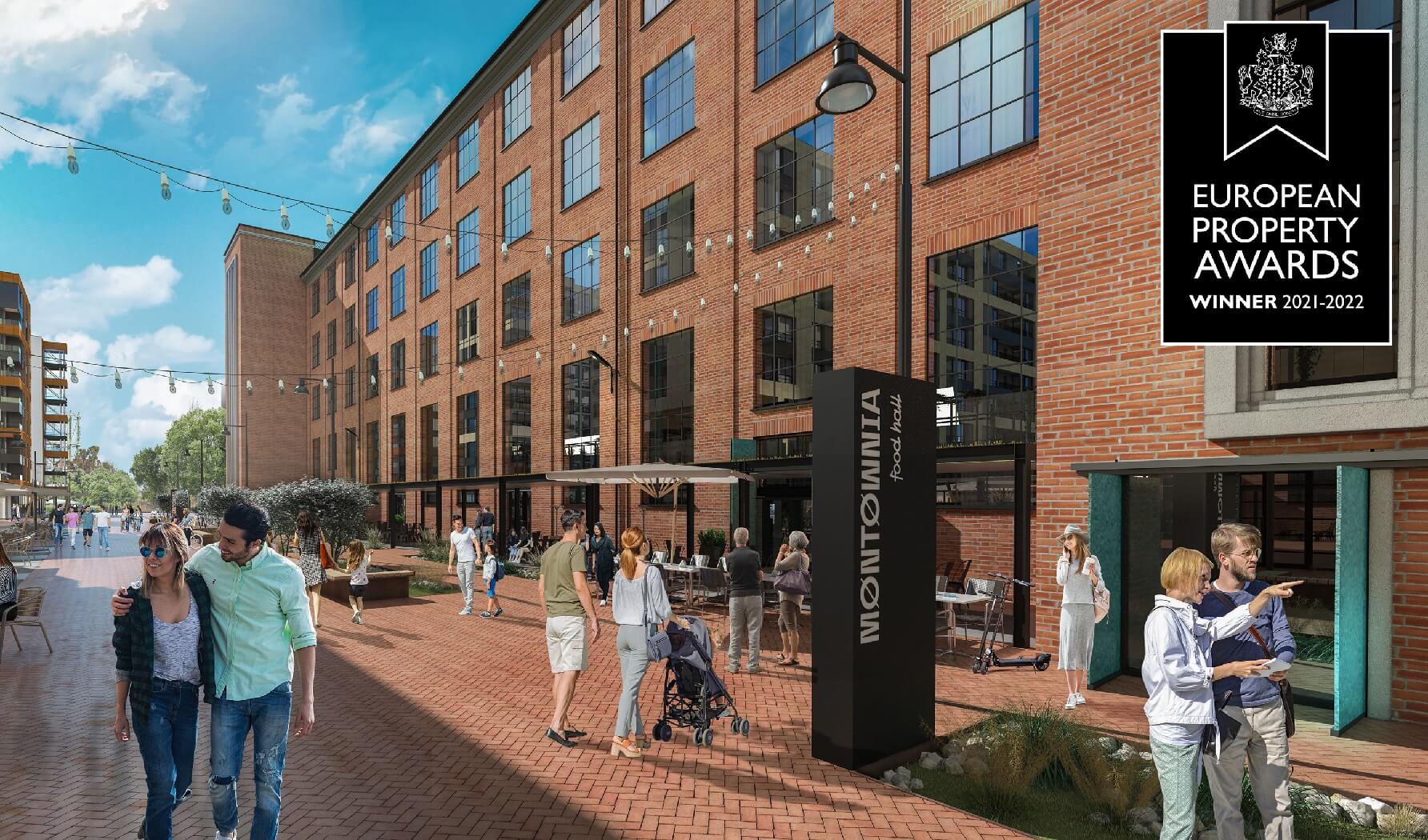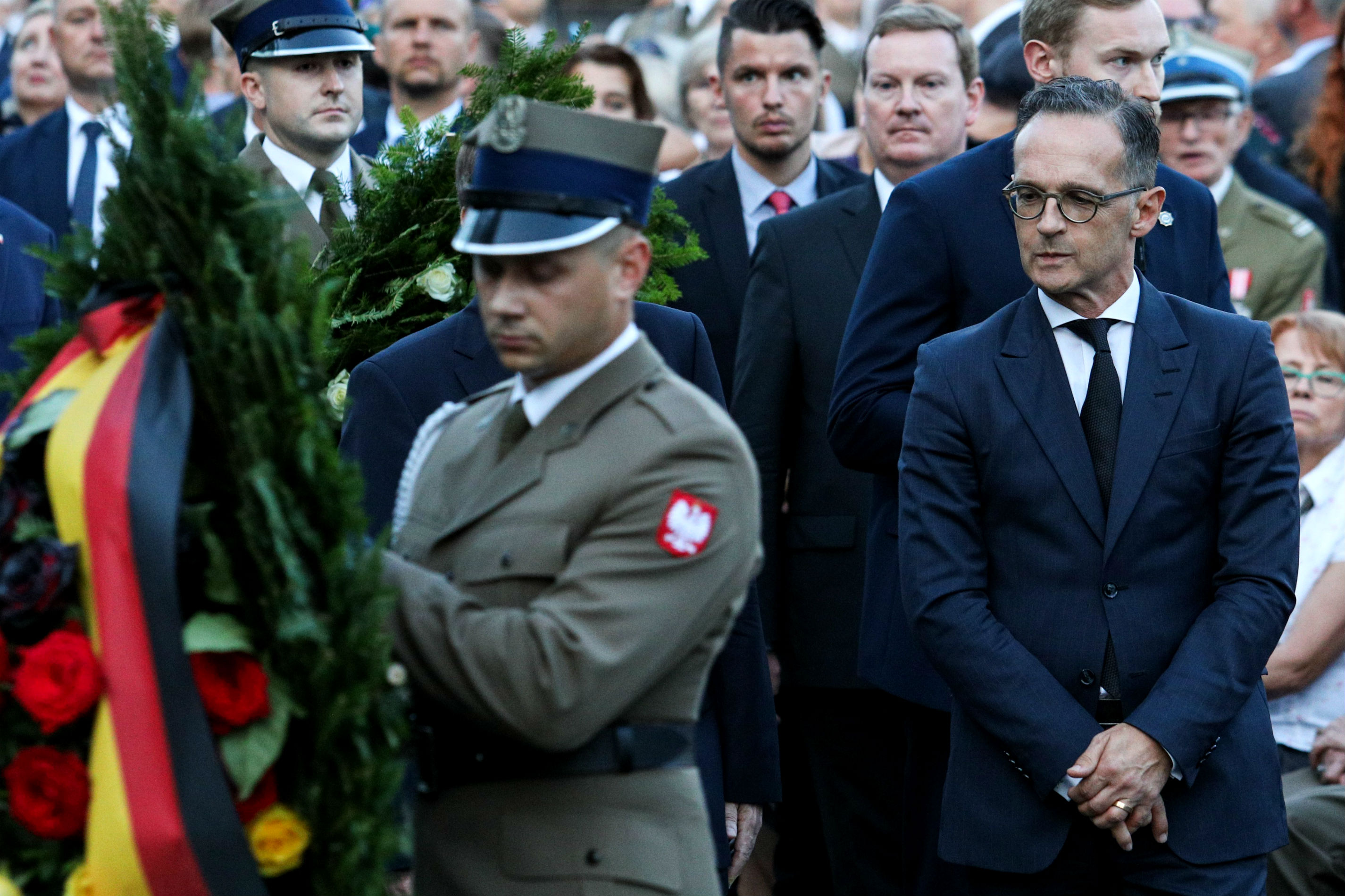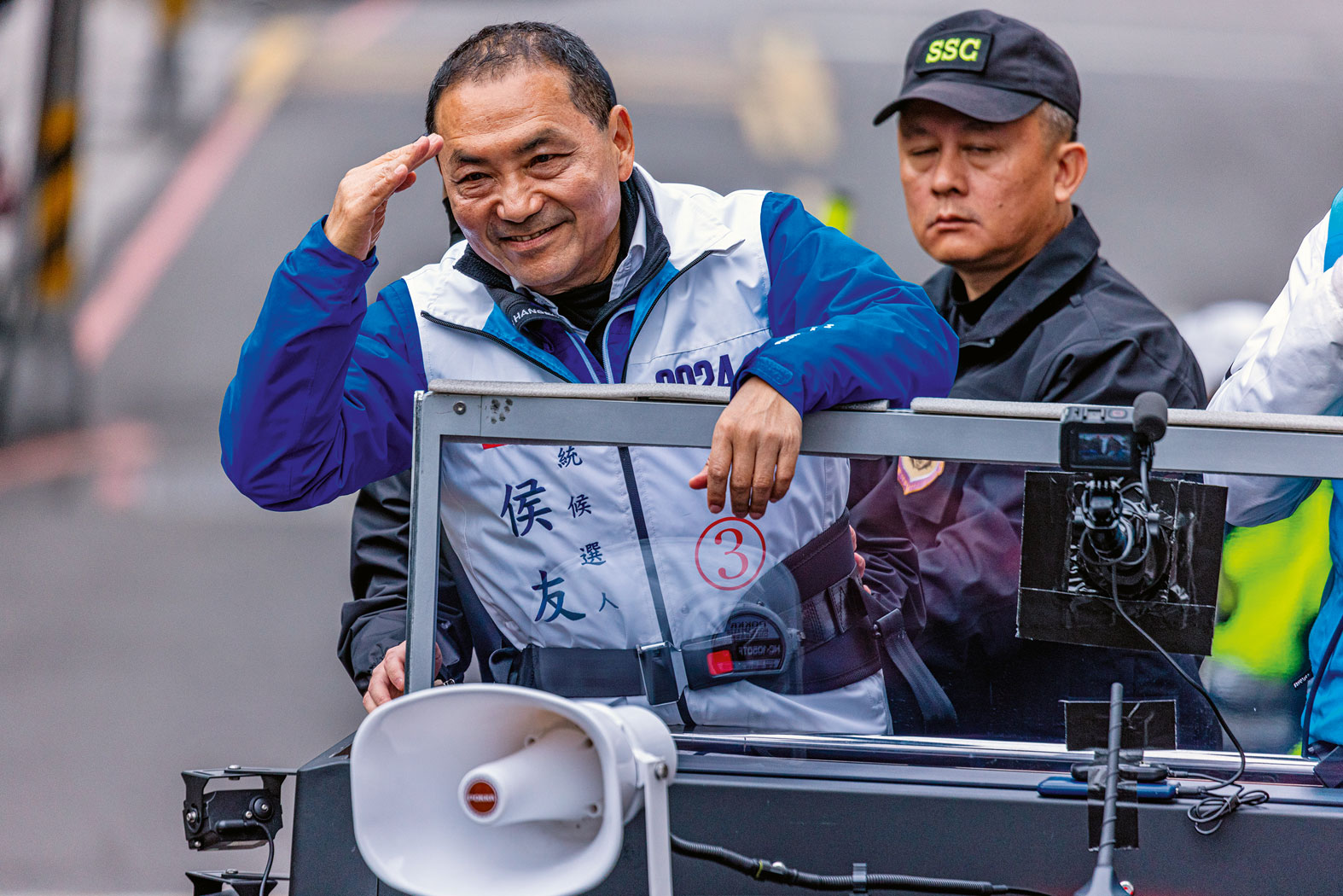For now, one should not count on the fact that Russia will be excluded from the G20 group and replaced, for example, by Poland, Michał Kurtyka, an expert from the presidency of the B20 (Business G20), told PAP in Indonesia. He added that there was a chance that the summit would have a strong focus on Central European security.
Michał Kurtyka is a former Minister of Climate and Environment (2016-21), former President of COP24, i.e. of the Katowice climate summit. Kurtyka is an international adviser invited by the Indonesian presidency to participate in the summit of the 20 largest world economies, which will take place on November 15 and 16 in Bali, and an expert on the B20, a forum bringing together business representatives, preparing recommendations for politicians meeting in the framework of the G20.
PAP: The Bali summit will be the first meeting of the leaders of the world’s 20 largest economies since Russia’s aggression against Ukraine. What can you expect on it?
Michał Kurtyka: The growing tension and rivalry between the United States and China must also be added to the war in Ukraine. We are at a time when the liberal world order based on Pax Americana, on American domination of the world, on maritime commerce, is beginning to crumble and the aspirations of other countries are appearing on these cracks in the tectonic plates of the world order. It is currently extremely difficult to predict in which direction the changes will go, but it is clear that many countries define their interests very broadly.
PAP: Does the summit have the possibility of working out specific solutions or arrangements?
MK: Considering that we are entering a period of turbulence and very significant changes, and not creating solutions, it will be very difficult for this trend in the G20 to find a solution after which everyone will breathe a sigh of relief and say that now we know how to solve the world’s problems. On the contrary, there will be more disappointments, even if there are constructive solutions, for example in terms of finances. Due to increasing competition between states, I don’t expect a breakthrough after this summit. Even before the summit, the eyes of the whole world were focused on aspects such as whether Putin or Zelensky would be there or not, how one would react to the other. Today we know that Putin will not be there. On the other hand, which Poland should be very happy with, the President of Ukraine will participate in the summit – in a remote form. The economic stabilization of our region is also of great importance. And I’m not just talking about Ukraine, but also about Moldova, for example. It is therefore good that there is a chance that this summit will place a strong emphasis on the security of Central Europe. And not just in the context of the energy crisis, with which most of the world, including the United States, is grappling. At the top, much can happen in the space of ideas redefining the current world order, which will be formulated by individual countries with ever greater aspirations.
PAP: What challenges will hosts face then?
MK: The challenge for the Indonesian presidency will be not to let the top dominate the top precisely in terms of competition. It is a country that increasingly expresses its aspirations and can become such a place for redefining the world order that many actors could appreciate. Indonesia is the largest democracy in Southeast Asia, the largest Muslim democracy, but not a Muslim country. It is also the fastest growing country in the region. Nor is Indonesia in conflict with China or Japan, which are in two competing blocs. The State also relies on technological, digital and energy breakthroughs. There are the largest nickel resources in the world, which are even of paramount importance for the new global energy economy. Therefore, it is good that at this stage, Indonesia has a chance to establish closer cooperation with western countries. This can already be seen in the actions of Japan and the USA for rapprochement.
PAP: After Russia’s aggression against Ukraine, there was a demand to eject Russia from the G20 and replace it with Poland. How realistic is this scenario?
MK: Such a postulate has been put forward by the USA and its allies. From our point of view, the Western world, the conflict in Ukraine is black and white, that is, the good West and the bad Russia. However, we must realize that this is not the dominant view in the world. For many countries, the war between Russia and Ukraine is a proxy conflict between the United States and Russia. Many countries in Africa or the Middle East are more willing to listen to the Russian version than the American version. A scenario in which China, Saudi Arabia or Brazil decide that Russia is not necessary and that Poland could be brought into the G20 in its place is not an option at the moment. Poland aspires to enter the international game, we have the feeling of a growing economy, but this is not enough for the moment. We have to become stronger on the world stage, we have to be heard enough, we have to contribute more to world politics and the economy. For our voice to be louder, it is also necessary to increase economic activity in the countries of North Africa and, more broadly, in the MENA countries. The cooperation of Poland and Polish companies in the extraction of deposits in the Levant or, for example, with Egypt in the acquisition of green hydrogen is one of the ways to become energy independent of Russia and to strengthen Poland on the international scene. Without presence, we have no chance of transforming our aspirations into a real position.
Attractive premises in shopping malls and city centers – see offers on PropertyStock.pl








